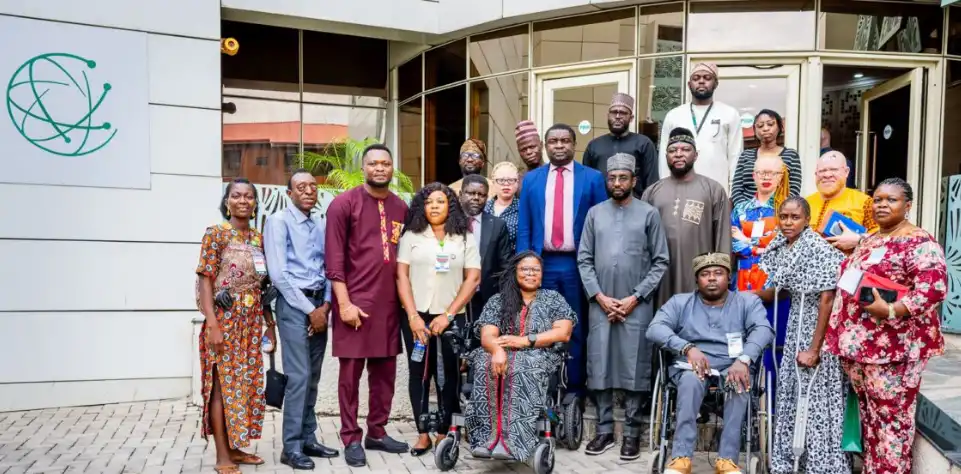At LlamaCon, Meta’s inaugural AI developer conference, an engaging conversation between Meta CEO Mark Zuckerberg and Microsoft CEO Satya Nadella shed light on the increasing role of artificial intelligence (AI) in software development. During the closing keynote, Zuckerberg inquired about the extent to which AI contributes to Microsoft’s codebase. Nadella responded candidly, estimating that AI now generates around 20 to 30 percent of the code in Microsoft’s repositories, with certain projects entirely driven by AI.
However, when Nadella turned the question back to Zuckerberg, the Meta CEO’s response suggested an even larger role for AI at Meta in the near future. Zuckerberg, though unsure of the precise numbers, confidently stated that “our bet is sort of that in the next year… maybe half the development is going to be done by AI as opposed to people.” He also noted that this trend is expected to accelerate over time. It’s unclear whether Zuckerberg was referring specifically to Llama or Meta as a whole, but his words underscore the rapid shift toward AI-driven development.
AI’s Role in Accelerating Development
While these numbers may seem astonishing, they reflect a growing trend in the tech industry, where AI is increasingly being used not just as a tool for automation but as a core contributor to the software creation process. Both Meta and Microsoft have actively integrated AI into their development workflows, using it to generate code more efficiently and enhance productivity. The AI-driven approach is not meant to replace human developers entirely but rather to augment their capabilities, enabling faster and more innovative solutions.
For example, Google CEO Sundar Pichai recently revealed that AI contributes approximately 25 percent of the code generated at Google, highlighting a similar reliance on AI across the industry. In most cases, AI acts as an assistant to human developers, enhancing their productivity by automating routine tasks and offering suggestions for new code. This collaborative dynamic between humans and AI is expected to redefine the landscape of software development in the coming years.
The Rise of Agentic AI: A New Era for Engineers
As the conversation progressed, Zuckerberg and Nadella delved into the concept of agentic systems, where AI takes on more autonomous roles within businesses. Zuckerberg predicted a future where engineers would become more like “tech leads,” managing their own teams of AI agents to carry out tasks and solve problems. This shift toward AI-assisted development could drastically alter the way companies approach engineering, with individual engineers having access to powerful AI tools that streamline and accelerate their work.
Zuckerberg’s vision suggests that engineers will increasingly focus on overseeing AI systems rather than writing every line of code themselves. As AI becomes more capable of managing complex tasks, human engineers will play a more strategic role in guiding and supervising the AI’s actions, leveraging its capabilities to drive innovation and efficiency.
Philosophical Considerations: AI’s Potential to Transform Global Economies
The keynote conversation also touched on the broader implications of AI’s growing presence in business and society. Nadella raised the question of how AI could contribute to global economic growth, specifically in developing countries. He asked, “What would it take for AI technology to grow the GDP of the developing world by 10 percent?” This thought-provoking query highlights the immense potential of AI to address global challenges, particularly in regions where technological advancements can have a transformative impact on economic development.
Both Zuckerberg and Nadella emphasized their belief in AI’s ability to revolutionize industries and improve the lives of people worldwide. As two of the most influential figures in the tech industry, their perspectives reflect the growing conviction that AI will play a central role in shaping the future of business, society, and the global economy.
A Strategic Conversation: Microsoft, OpenAI, and Meta’s Rivalry
The choice of Nadella as the keynote interviewee was particularly noteworthy, given Microsoft’s deep involvement with OpenAI, a key competitor to Meta in the AI space. Microsoft’s partnership with OpenAI has positioned the company at the forefront of AI development, making Nadella an ideal spokesperson for the rapidly evolving field. Despite the competitive landscape, the conversation between Zuckerberg and Nadella was marked by mutual respect and a shared vision for the potential of AI to drive positive change.
As the conversation at LlamaCon illustrated, AI’s role in software development is expanding at an unprecedented rate. Both Meta and Microsoft are at the forefront of this transformation, with their leaders discussing how AI will reshape the future of engineering, business, and global economies. With AI set to play a larger role in the coming years, the industry is preparing for a new era of collaboration between humans and machines.











